By: Syed Shayan
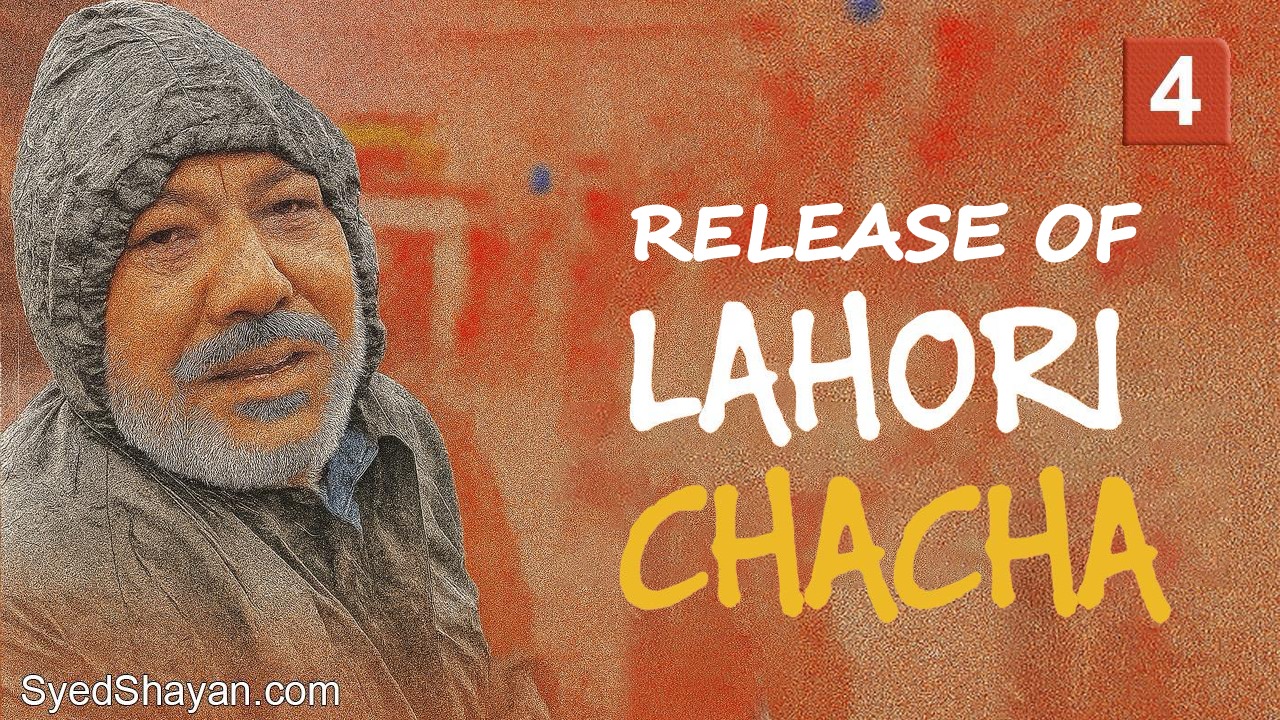
English Version Stats: 17 hr 32 min total reading time by 74 readers
[Urdu version metrics tracked separately]
Lahori Chacha (Part 4)
What Chacha’s Release Means for Us?
The release of Lahori Chacha marks not an end, but the beginning of a deeper societal reckoning. Muhammad Sajid Nawaz, better known as Lahori Chacha, was acquitted on July 15 by a judicial magistrate in Lahore after being arrested for using offensive language against Punjab’s Chief Minister. But his release has triggered more questions than it has answered.
This case involves four key actors whose roles now deserve closer examination:
▫️ The Individual (Muhammad Sajid Nawaz, aka Lahori Chacha)
▫️ The State (Punjab government led by PMLN)
▫️ Civil Society
▫️ Digital Society (Social Media)
Following his release, Chacha gave an interview to UrduPoint in which his statements reflected a striking lack of self awareness and social accountability. “I didn’t commit any crime, so why the worry?” he said. When asked about his remarks toward CM Maryam Nawaz, he replied, “I didn’t even mention her name in the video, so what is there to say?”
Such responses expose a mindset that normalizes poor conduct under the guise of innocence. They signal a deeper cultural erosion where wrongdoing isn’t just denied, but rationalized. Refusal to express remorse, to apologize, or even to show gratitude after receiving leniency is not only disappointing, but dangerous in a society already struggling with ethical fatigue.
Did any lawyer, journalist, educator, or civil rights advocate take it upon themselves to explain to Sajid Nawaz that his behavior, even if not criminally prosecuted, was morally unacceptable? That such language, especially directed toward a woman and a sitting chief minister, violated basic standards of dignity and civic decency?
Even the harshest criticism can be expressed without crossing legal or ethical boundaries. That is what democratic civility demands.
While the law could have indicted Chacha based on the video evidence, the government chose restraint. In this instance, wisdom prevailed over vengeance, and the issue was allowed to rest.
But the damage wasn’t limited to a single man or moment. The viral video, which flooded social media, introduced a generation to yet another layer of toxic discourse. Its spread was enabled by an anonymous YouTuber, who has so far evaded both attention and accountability. Our cybercrime authorities, too, appear uninterested in identifying the source, reflecting an alarming neglect of digital responsibility.
Readers familiar with my earlier pieces on Lahori Chacha will recall how I examined this issue from psychological, social, and institutional angles. Drawing from behavioral science, I argued that emotionally distressed individuals under societal pressure often react inappropriately, and that they deserve empathy rather than punishment. My call then was not for leniency alone, but for understanding the conditions that lead ordinary people to break down.
The state, it seems, understood this and exercised political tolerance by refraining from further prosecution. That decision helped defuse public tension and offered a model of measured governance.
But now that Sajid Nawaz has returned home, society must ask itself: what next?
How will each of the four key actors respond going forward?
1. The Individual (Chacha):
His post release interviews suggest denial, not reflection. He must realize that while his outrage may have stemmed from frustration, the language he used was indefensible, especially against a female political leader. A simple public apology could have elevated him from a frustrated citizen to a voice of conscience. But he chose defiance over growth.
Free speech is protected by law. But freedom of speech is not a license to insult. That is a foundational principle in all modern democracies. When speech degrades rather than informs, it is no longer freedom, it becomes incivility.
Chacha must learn that offering an apology is not a sign of weakness, but a mark of cultural maturity.
Looking ahead, he stands at four possible crossroads:
1- He could use his newfound platform to highlight public issues such as flooding, broken infrastructure, or government inefficiency. He could adopt the role of a civic minded digital activist, so long as he maintains a respectful tone.
2- He could evolve into a non political public voice, advocating for social causes with simplicity and honesty, gaining wider acceptance by staying independent of political agendas.
3- He might join a political party, transforming into a party spokesman or figurehead. But that path risks damaging his credibility, as political alignment in Pakistan is often viewed with deep suspicion.
4- Or he may choose to retreat into private life, focusing on his job (if reinstated), family, and peace of mind, like many viral figures before him who eventually fade into anonymity.
To be continued in Part 5.
4

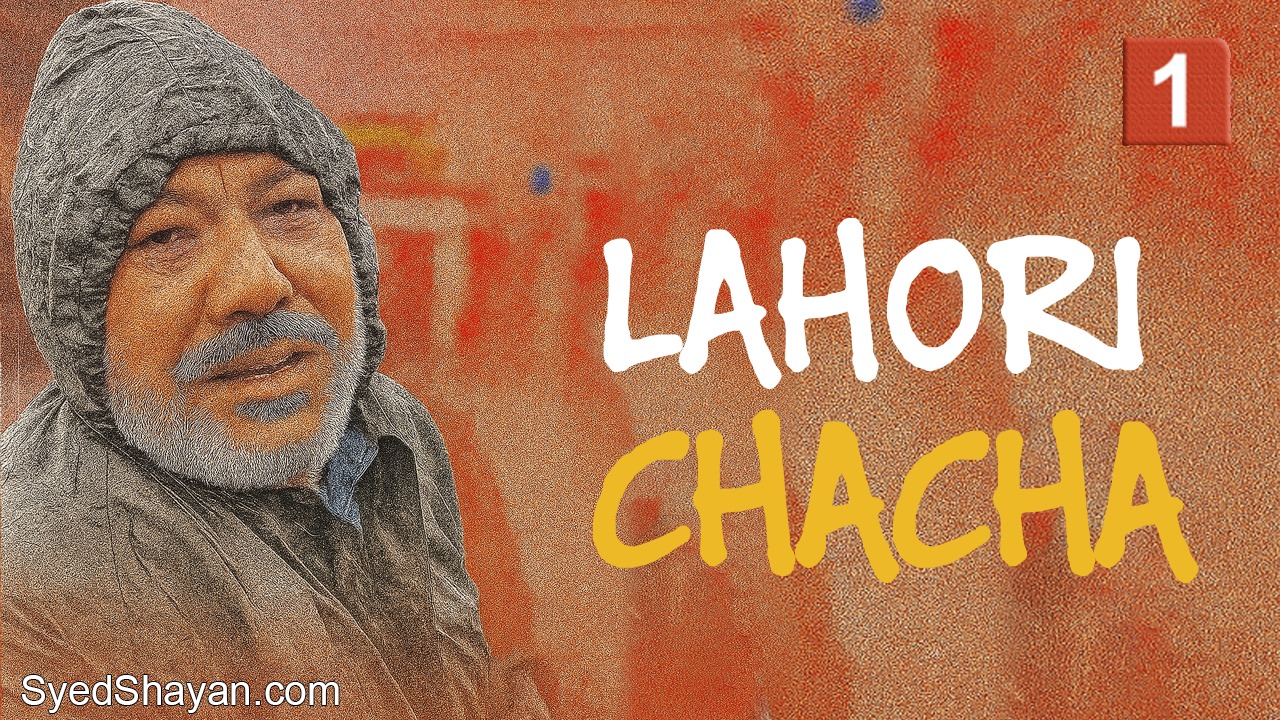
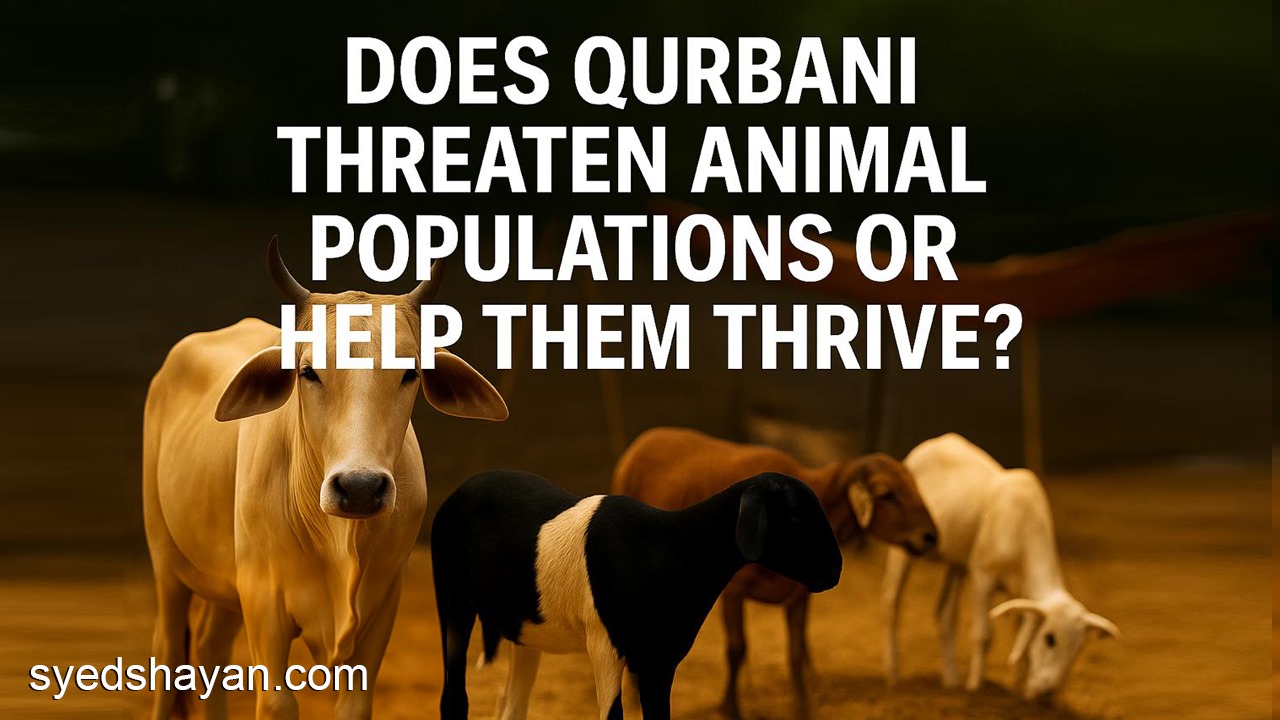
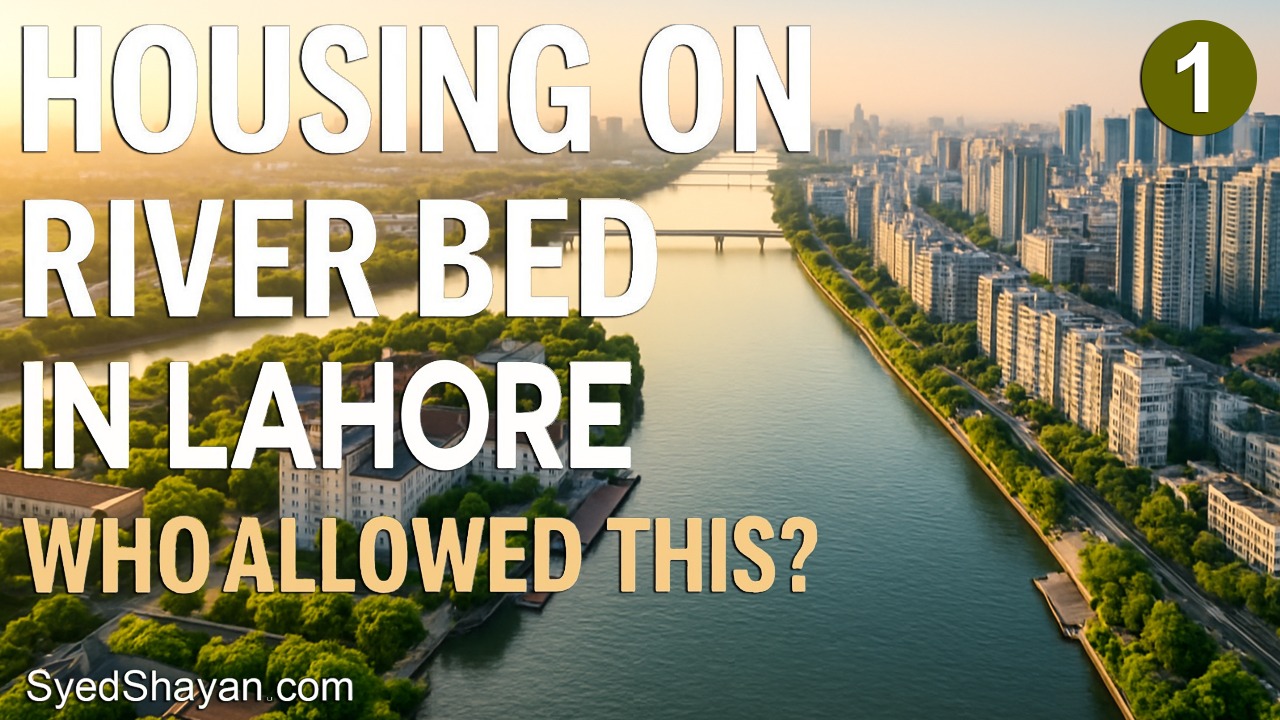


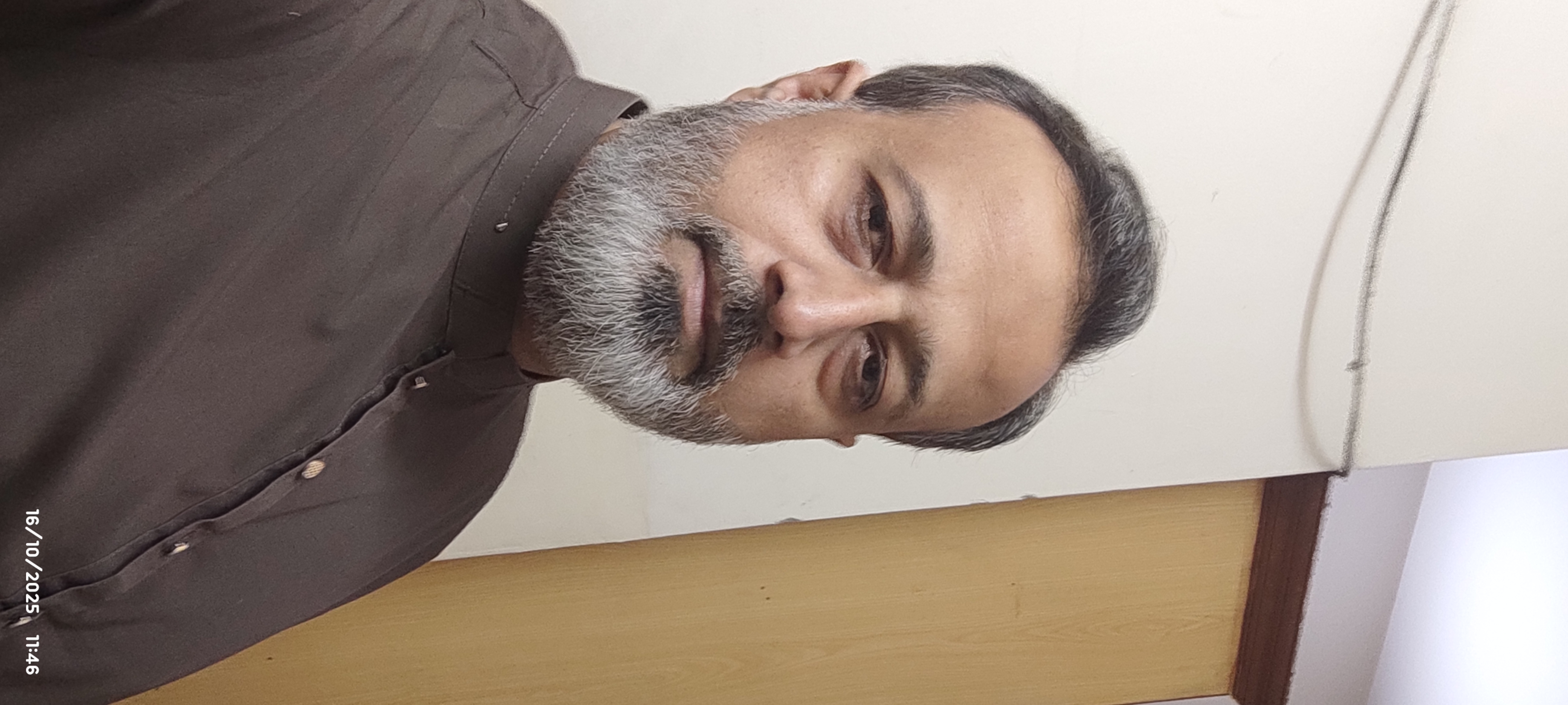
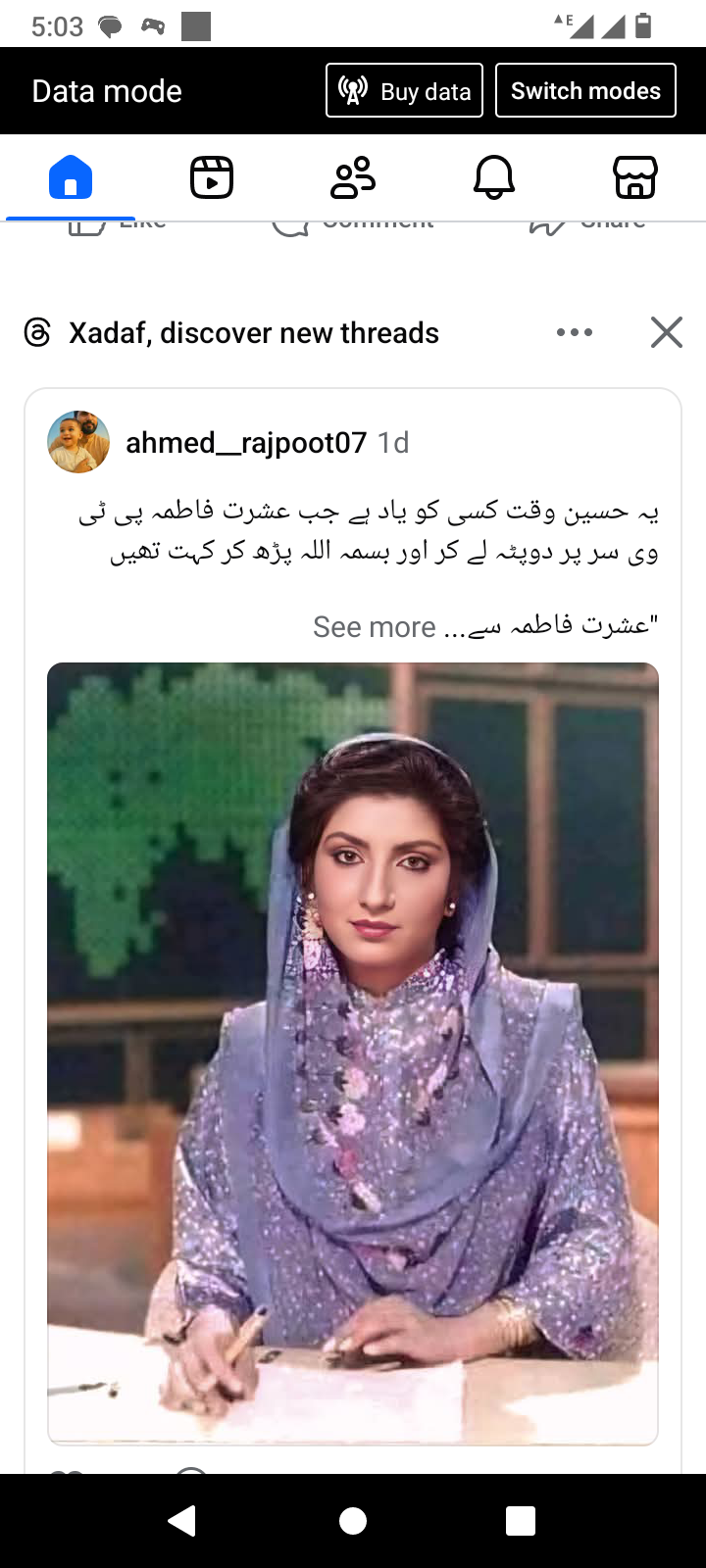
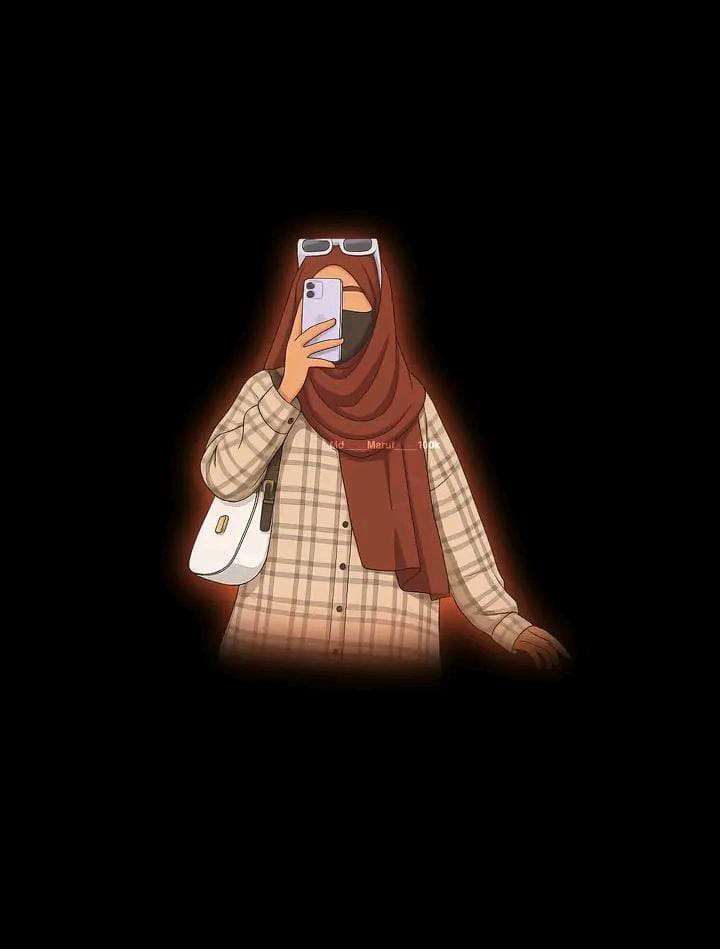

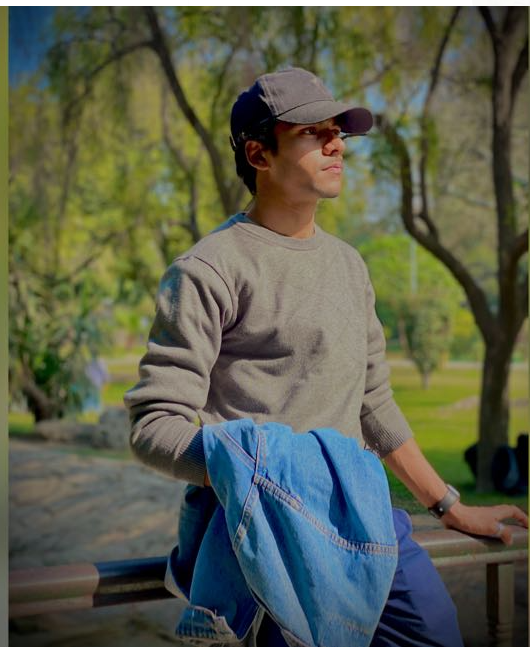
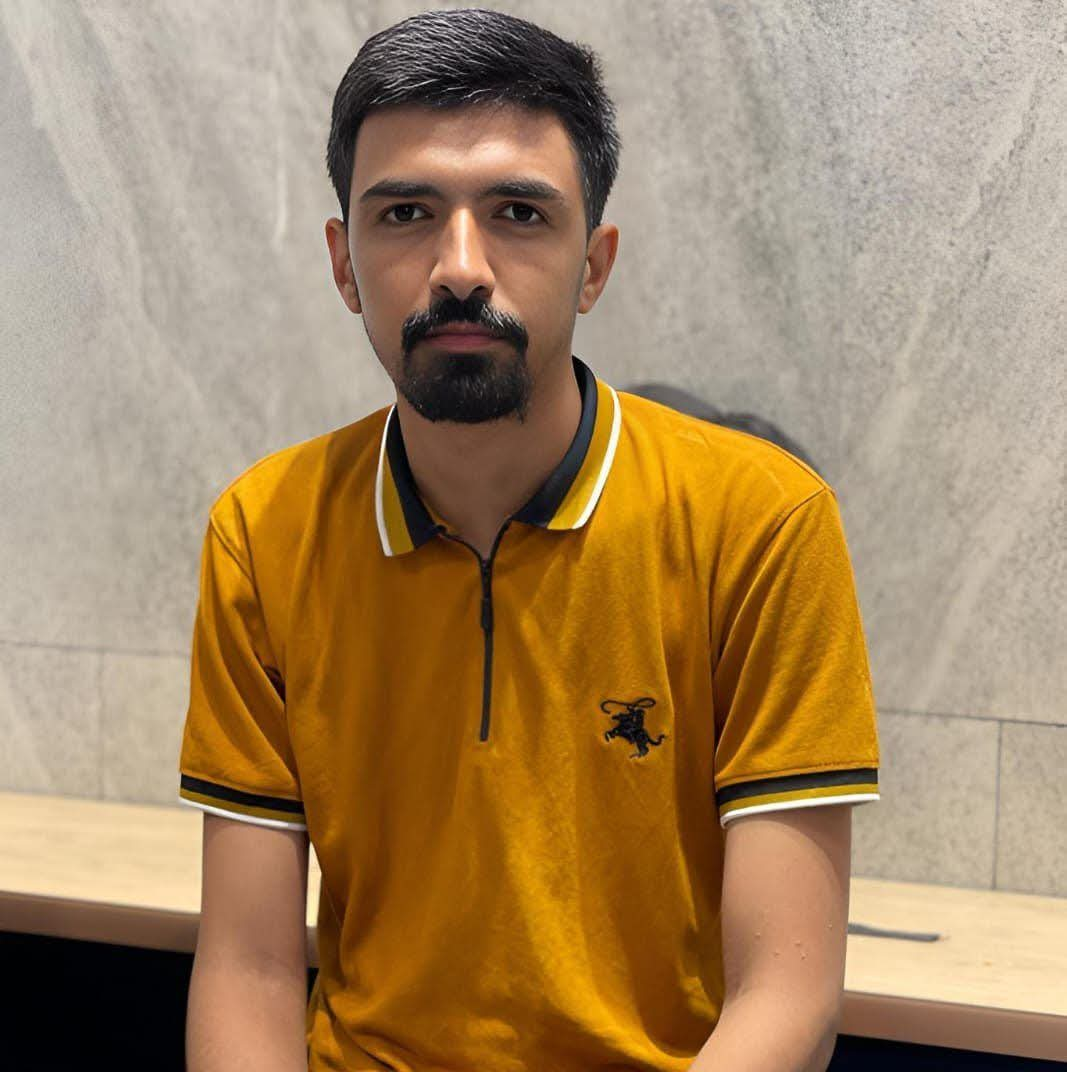


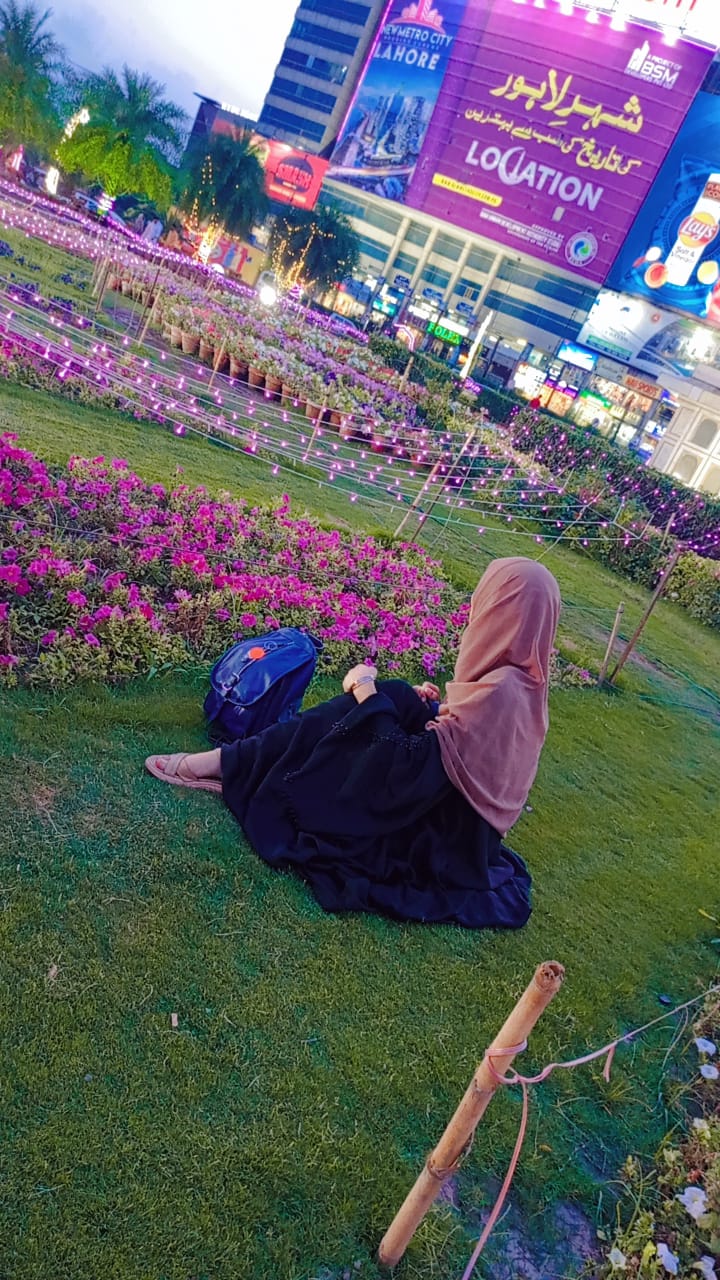
1 Comment
74 Views